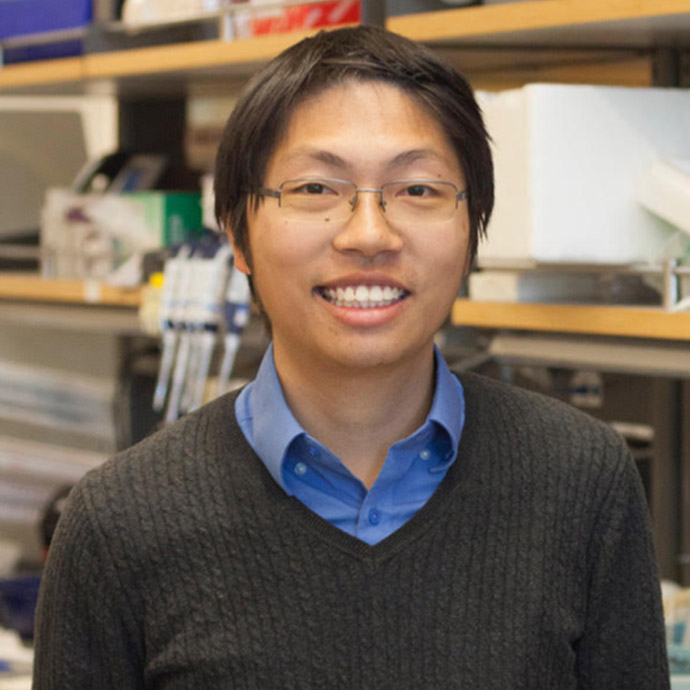All cell-types in the human body originated from one embryonic cell. Despite efforts to map the diversity of adult human cells, a mystery in biology is how these varied cell-types initially emerged during human embryonic development. I propose a reductionist approach: can we build cell-types from scratch outside the embryo to learn how they develop? Within several days, I am efficiently and rapidly reconstituting the development of over 20 human cell-types in vitro—including bone, heart and liver precursors—from embryonic stem cells. Analogous to biochemical reconstitution of cellular actions, developmental reconstitution allows us to precisely define the minimal set, combination and timing of extracellular signals sufficient to create a cell-type from scratch, thus revealing hitherto-inaccessible aspects of human development. I propose developmental reconstitution is a general strategy to decipher development, to build new human cells and will ultimately advance regenerative medicine.
Awards and Achievements
- Pew Biomedical Scholar ( 2019)
- Human Frontier Science Program Young Investigator ( 2019)
- DiGenova Endowed Faculty Scholar, Stanford University ( 2018)
- Forbes 30 Under 30 ( 2018)
- Baxter Foundation Faculty Scholar ( 2018)
- NIH Director’s Early Independence Award ( 2017)
